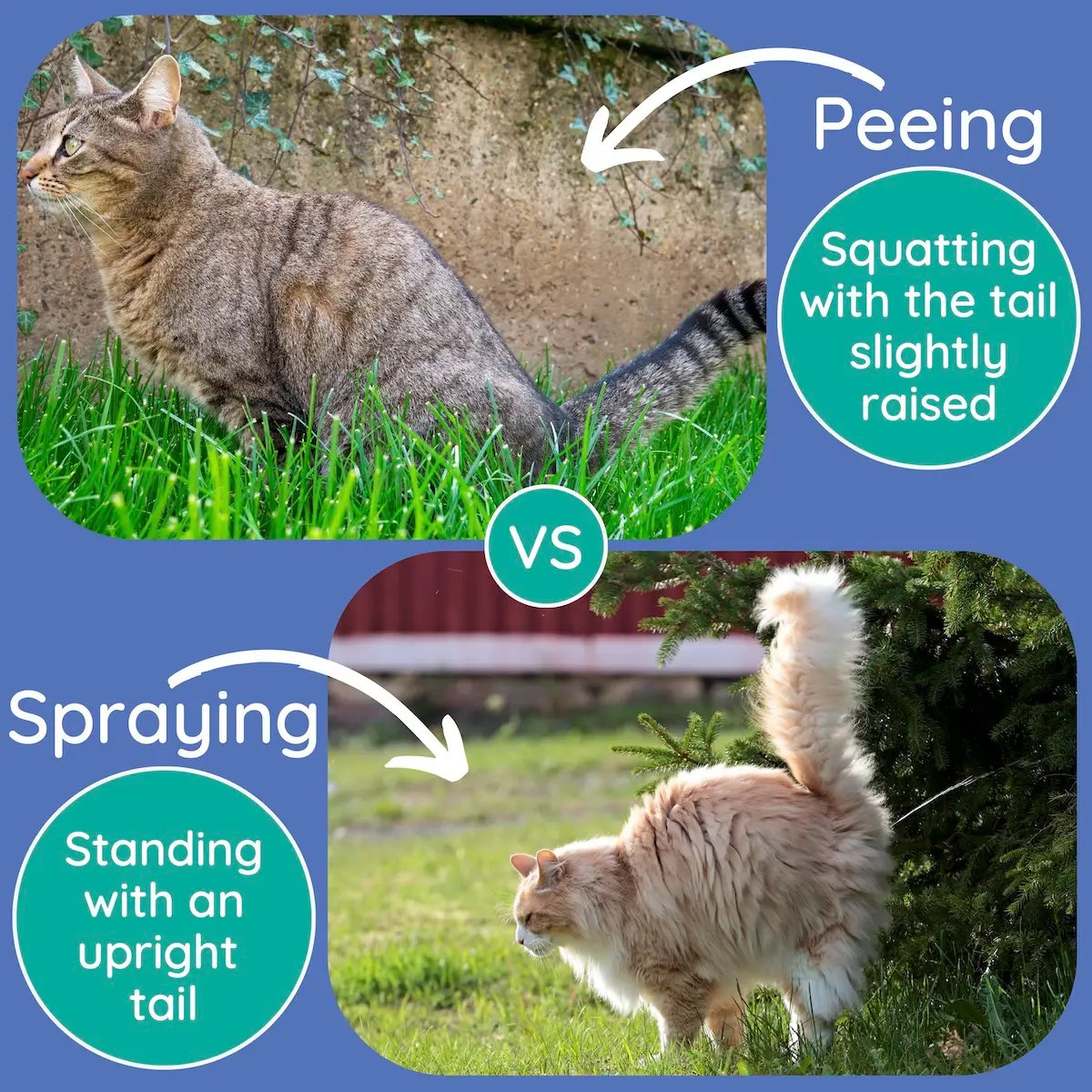Introduction
Cats spraying in gardens is a common issue that frustrates many gardeners. This behavior, where cats mark their territory by urinating on plants or soil, can damage your plants and create unpleasant odors. Understanding why cats spray and how to effectively stop it is essential for maintaining a healthy, enjoyable garden space. This article explores practical, research-backed methods to prevent cats from spraying in your garden, ensuring a peaceful environment for both your plants and your neighborhood felines.
Why Do Cats Spray in Gardens?
Cats spray to mark their territory, communicate with other cats, or respond to stress and changes in their environment. Unlike normal urination, spraying involves cats backing up to vertical surfaces and releasing a small amount of urine. Gardens often attract cats because of appealing scents, shelter, or the presence of other cats.
Common Triggers for Spraying
- Presence of other cats: Cats mark territory to warn rivals.
- Stress or anxiety: Changes in environment or loud noises can trigger spraying.
- Mating behavior: Unneutered males spray more frequently.
- Attractive garden elements: Certain plants or sheltered spots encourage cats.
Recognizing these triggers helps in selecting the most effective deterrent strategies.
Effective Ways to Stop Cats from Spraying in Your Garden
1. Use Natural Deterrents
Natural scents can repel cats without harming them. Consider these options:
- Citrus peels: Cats dislike the smell of lemon, orange, and lime peels. Scatter them around problem areas.
- Vinegar solution: Spray a diluted vinegar-water mix on plants and soil to deter cats.
- Coffee grounds: Used coffee grounds emit a strong smell cats avoid.
2. Install Physical Barriers
Physical barriers prevent cats from accessing sensitive garden areas.
- Chicken wire or garden mesh: Lay it over soil to stop cats from digging or spraying.
- Motion-activated sprinklers: These devices spray water when they detect movement, discouraging cats.
- Plant thorny or prickly shrubs: Plants such as holly or berberis create natural barriers.
3. Employ Commercial Cat Repellents
Numerous commercial repellents use safe chemicals or natural ingredients designed to deter cats. When choosing one:
- Look for products with positive user reviews and safety certifications.
- Apply as directed to maximize effectiveness.
4. Encourage Alternative Behavior
Providing a designated space for cats to relieve themselves can reduce spraying in your garden.
- Set up a sandy or loose soil patch away from main plants.
- Place catnip or valerian in this area to attract cats.
Additional Tips for Long-Term Success
Neutering and Spaying
Unneutered cats spray more often due to hormonal drives. Neutering or spaying reduces territorial marking significantly and benefits overall cat health.
Maintain Garden Cleanliness
Remove any signs of previous spraying promptly by cleaning with enzymatic cleaners. This eliminates scent markers that encourage repeat behavior.
Monitor and Adapt
Observe your garden regularly for signs of cat activity. If one method doesn’t work, combine multiple strategies for better results.
Conclusion
Stopping cats from spraying in your garden requires understanding their behavior and applying a combination of deterrents. Natural repellents, physical barriers, and providing alternative spots for cats can effectively reduce spraying. Neutering pets and maintaining garden cleanliness further support long-term solutions. By implementing these expert-backed strategies, you can protect your garden while respecting local cats’ needs. Take action today to reclaim your garden space peacefully and sustainably.
